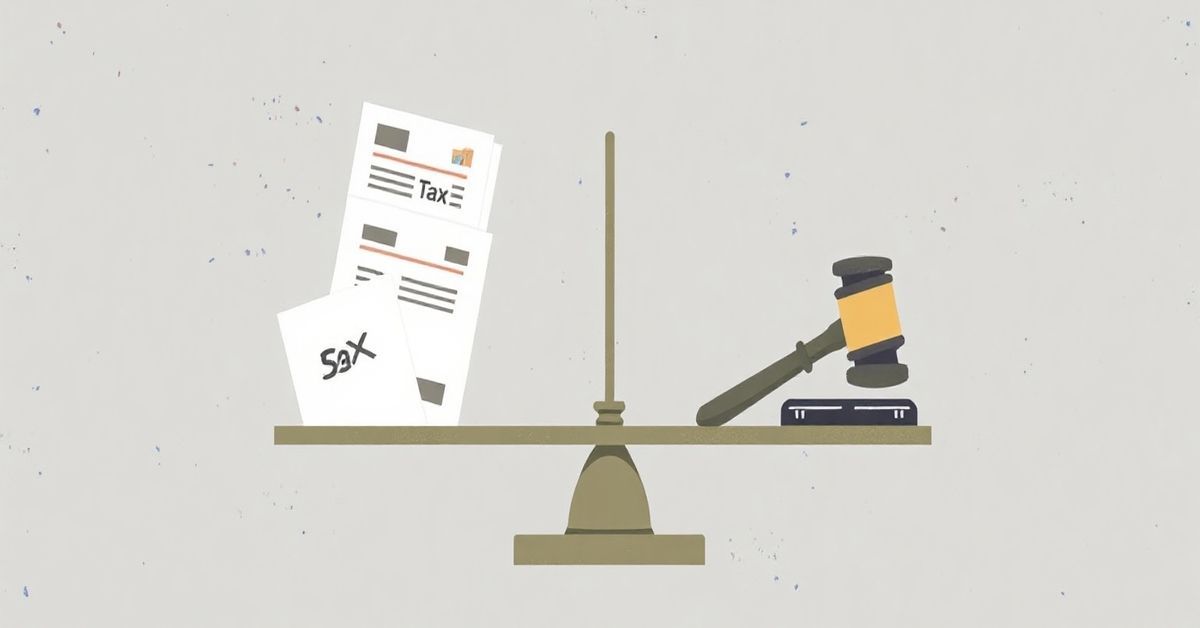Bankruptcy and Tax Debt
How Does Bankruptcy Affect Tax Debt?
Bankruptcy is a legal proceeding for individuals or businesses unable to repay their debts. In terms of bankruptcy and tax debt, it involves specific rules about which taxes can be discharged (eliminated) and which ones remain, depending on the type, age, and other factors. Not all tax debts are dischargeable.

